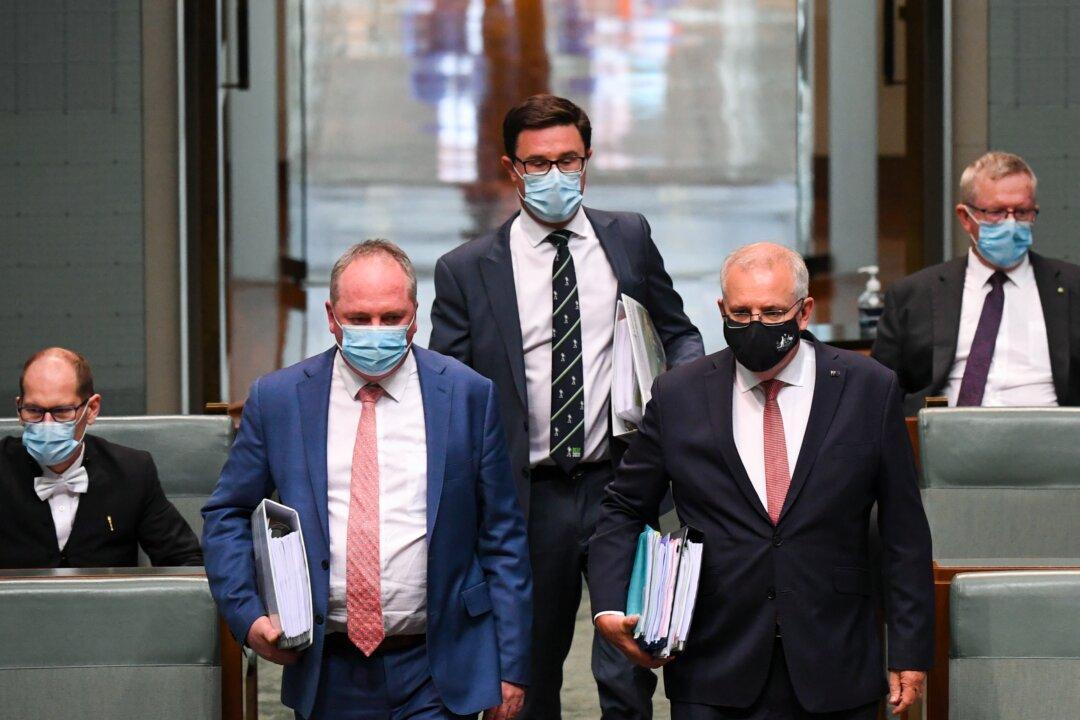Prime Minister Scott Morrison is primed to commit to net zero emissions by 2050 ahead of the United Nations (U.N.) climate change summit after the coalition partner, the National Party agreed to the proposal over the weekend.
As the U.N.’s 26th Climate Change Conference—or COP26—draws near, discussions stirred last week for Australia to adopt its own net zero targets, compounded by pressure from states and territories who have all committed to net zero by 2050 or earlier.





